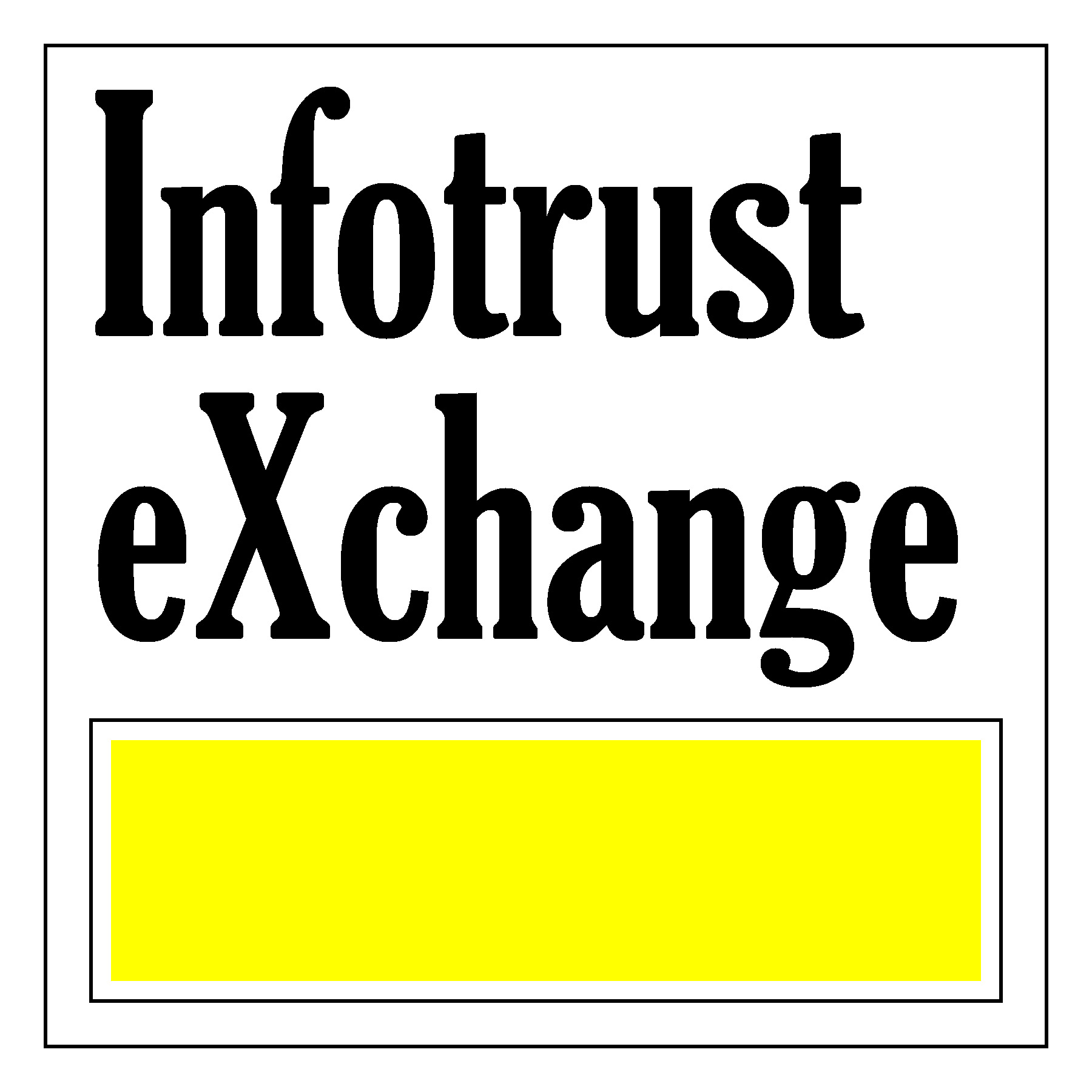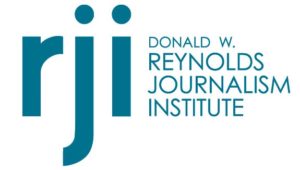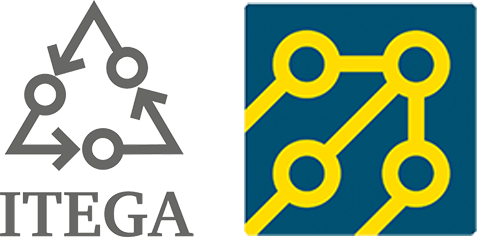Co-convened by:




Workshop will feature discussion of
open-source Global Consent Management Platform
REGISTER NOW | REGISTER NOW

Chicago’s historic Water Tower (Photo by Kevin, 2009, Flickr / Creative Commons Attribute/Share Alike)
It’s a new world for web advertising . . . amid big changes in the way web-browser software addresses privacy. This one-day workshop will bring you up to speed on how trusthworthy publishers can benefit. LINK:
LEARN MORE ABOUT THE GLOBAL CONSENT MANAGER PLATFORM
HOW MOZILLA’S FIREFOX BROWSER WILL BEGIN TO BLOCK TRACKING
WHY MOZILLA IS PURSING A “BLOCKING BY DEFAULT” POLICY
Join developers and data scientists from browser makers, web publishers, and data platforms for an in-depth technical exploration of the new user data environment — and the opportunities that it creates for building publisher market power. A workshop principal sponsor is the Donald W. Reynolds Journalism Institute with co-covening assistance from ITEGA, the Local Media Consortium and Mozilla.
RELATED LINKS:
-
AP News: Apple, Firefox tools aim to thwart Facebook, Google tracking
-
AP News: How Apple’s Safari browser will try to thwart data tracking
KEY FACILITATORS
“User Data and Privacy: Building Market Power for Quality Publishers,” will be an interactive, circle-round session designed to share the latest insight and news at the intersection of advertising, data and privacy, with a particular focus on how web browsers are provider greater choice to the public and how quality publishers can benefit as a result. Among our key facilitators/speakers:

Goggins

Cool

Hendricks

Don Marti. Mozilla
REGISTER NOW
-
- Don Marti, is a participation strategist for Mozilla, and is the former editor of Linux Journal. He is an expert on bot and fraud technologies, ad-blocking, tracking protection and quality-ad signaling
-
- Sean Goggins, Ph.D., heads the open-source Global Consent Manager prototype development for the Reynolds Journalism Institute at the University of Missouri. Mozilla is a project partner.
-
- Chris Hendricks, president, of the Local Media Consortium, and a champion of collaboration to find common standards for data usage, sharing and privacy.
-
- Alison Cool, cultural anthropology and information science professor, Univ. of Colorado-Boulder and expert on GDPR and user-privacy behaviors studied in Sweden and elsewhere.
WORKSHOP STARTING POINTS
Our facilitators have a few things to say about their initiatives, but the principal goal is to coax out the needs and ideas of the people in the room, then begin to shape ideas for collaborative solutions.
Here are four questions — starting points:
- Browser privacy improvements, starting with Apple Safari’s Intelligent Tracking Prevention, are half of a powerful anti-fraud system. The better that the browser protects the user’s information from leaking from one site to another, the less it looks like a fraudbot. How can publishers and brands help shift ad budgets away from fraud?
- Regulation and browser privacy improvements are making contextual targeting more important. Where can publishers offer opportunities to reach human audiences in the right context?
- As sharing of user data without permission becomes less practical, new platforms are emerging to enable users to share information about themselves by choice. (For example, a user who comments on a local news site about traffic may choose to share their neighborhood and the mode of transportation that they take to work.) How can user data sharing platforms leverage user relationships with trustworthy sites?
- Consent management is still an unsolved problem. While the IAB’s Transparency and Consent Framework provides a useful foundation to build on, today’s consent forms are too annoying for users and also make it difficult and time-consuming to do anything except select a single all-or-nothing choice. How can accurate and convenient consent management give advantages to sites and brands that users trust?
LOCATION
- LODGING LINK
REGISTER NOW
SCHEDULE:
Tues., Sept. 25
- 6:30 p.m.-7:30 p.m. — Reception / meet-and-greet / dinner on your own | location The Whitehall Hotel, lobby.
Wed., Sept. 26
LOCATION: Gratz Center, 126 E. Chestnut St., Chicago IL 60611-2014
- 8:30 a.m. — Coffee/tea/muffins | optional one-on-one discussions or check-in sessions:
- Table chat: Will advertisers shift spend to real audiences?
- Table chat: Can you find or contribute to anonymized data of varifiable real users?
- Table chat: If anything were possible, what would be the best ad ecosystem?
- 9:30 a.m. — PROGRAM BEGINS — Welcome and intros by Jo Ellen Green Kaiser, ITEGA board chair
- Who’s in the room? A chance for each participant to explains what they’ve brought and what they hope to take away.
- 10:00 a.m. — “The new Landscape” — Facilitator — Don Marti, Mozilla
Marti and key experts will sort out the details of new browser user-preference tools, their impact on the ad-tech ecosystem and the opportunities the changes make available to quality publishers. - 10:30 a.m. — GLOBAL CONSENT MANAGER — Sean Goggins unveils details of the GCM project, and how publishers might be able to use it.
- 11:00 a.m. — COLLABORATIVE TOOLBOX — Chris Hendricks describes the opportunity for publishers to collaborate in the way they share user data in ways which respective user privacy with notice and consent best practices. How the Information Trust Exchange governing association may help.
- 11:30 a.m. — Recap — Discuss of what’s learned so far | direction about luncheon topic kei·retus / chatting; afternoon plan
- NOON – 1 p.m. — Box lunch — break and discussion
- 1 p.m. – 3 p.m. — PROGRAM CONTINUES — What to do — Faclitator — Don Marti, Mozilla
Afternoon: Marti faciltates open dialogue among participants — some of whom may break into short ad-hoc topical discussions — about options for publishers to leverage new browser tools to leverage user relationships, reduce ad fraud and improve service customization. - 3 p.m. – 3:30 p.m. — WRAPUP AND NEXT STEPS
- 3:30 p.m. — ADJOURN
RELATED LINKS:
- THE CHALLENGE/OPPORTUNITY: Chris Hendricks at the Local Media Consortium
- HOW NMA is HELPING: Seeking policy help on ad blocking to support privacy, quality
- MOZILLA’S AUG. 30 BLOG ANNOUNCEMENT: “Changing our approach to anti-tracking”
- MOZILLA’S Steve Englehardt: “Why we need better tracking protection”
REGISTER NOW
